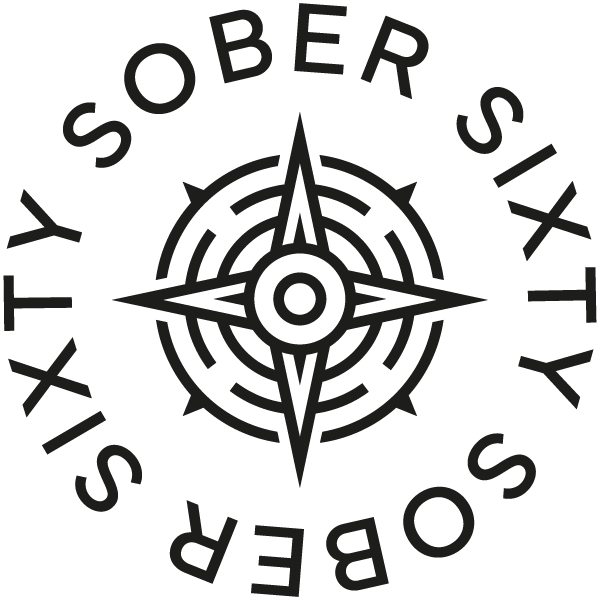
Congratulations on reaching 60 days alcohol-free! This is a significant achievement that deserves to be celebrated. However, as you’ve already discovered, staying on this path can be challenging when your partner, parents, and friends still drink. Social dynamics play a crucial role in our decisions, and navigating these relationships while sticking to your commitment requires some strategy. Here are five effective approaches to help you stay strong for another 60 days and beyond.
Communicate Your Reasons with Clarity and Confidence
One of the most effective ways to manage the reactions of others is by clearly communicating why you’ve chosen to quit drinking. Whether it’s for health reasons, mental clarity, or personal growth, sharing your motivations can help others understand your decision. When they know your “why,” they’re more likely to respect your boundaries. You don’t need to justify yourself endlessly—simple, confident statements are often the most powerful.
Example "I’ve been feeling great since I stopped drinking, and I want to see how far I can take it. It’s been a positive change for me, and I’m committed to it."
Establish Boundaries and Stick to Them
Setting boundaries is essential, especially when you’re in environments where alcohol is present. It’s important to determine what you’re comfortable with and communicate that to your loved ones. Whether it’s deciding to leave early if the drinking intensifies or politely declining offers to drink, knowing your limits and enforcing them will help you stay on track.
Example “I’m happy to come out and socialise, but I’m not drinking. If it starts to get too boozy, I might head out early.”
Find Supportive Allies
Not everyone in your circle will understand or support your decision, but some will. Identify these allies and lean on them when needed. They can be a sounding board, offer encouragement, and even help deflect peer pressure in social situations. Sometimes, simply having someone who “gets it” can make a world of difference.
Example: “Hey, I’m sticking to non-alcoholic drinks tonight. Can I count on you to have my back if the group starts pushing?”
Plan Alternatives to Drinking-Centric Activities
Socialising doesn’t have to revolve around alcohol. Suggest activities that aren’t focused on drinking, which allows you to enjoy time with your partner, parents, and friends without feeling the pressure to drink. From hikes and coffee dates to movie nights and board games, there are countless ways to connect that don’t involve alcohol.
Example “Instead of hitting the pub, how about we try that new escape room? It could be a fun challenge for all of us.”
Reflect on Your Progress Regularly
Take time to reflect on the positive changes you’ve experienced in the past 60 days. Whether it’s better sleep, improved mood, or enhanced focus, acknowledging your progress can reinforce your commitment. This self-reflection can be a powerful motivator, especially when faced with social pressure to drink.
Example “I’ve noticed that my energy levels are so much better without alcohol. I want to keep this momentum going for as long as I can.”
Conclusion: Prioritising Your Well-Being
Quitting alcohol is a personal journey, and it’s okay if others don’t fully understand your decision. The key is to prioritise your well-being and stay true to your goals. By communicating openly, setting boundaries, seeking support, planning alternatives, and reflecting on your progress, you can navigate the social challenges that come with being alcohol-free. Remember, this journey is about you, and your health and happiness come first. Here’s to another 60 days—one day at a time!
If you need further support on the next steps of your journey, why not arrange a free no obligation call and see if we could work together.


